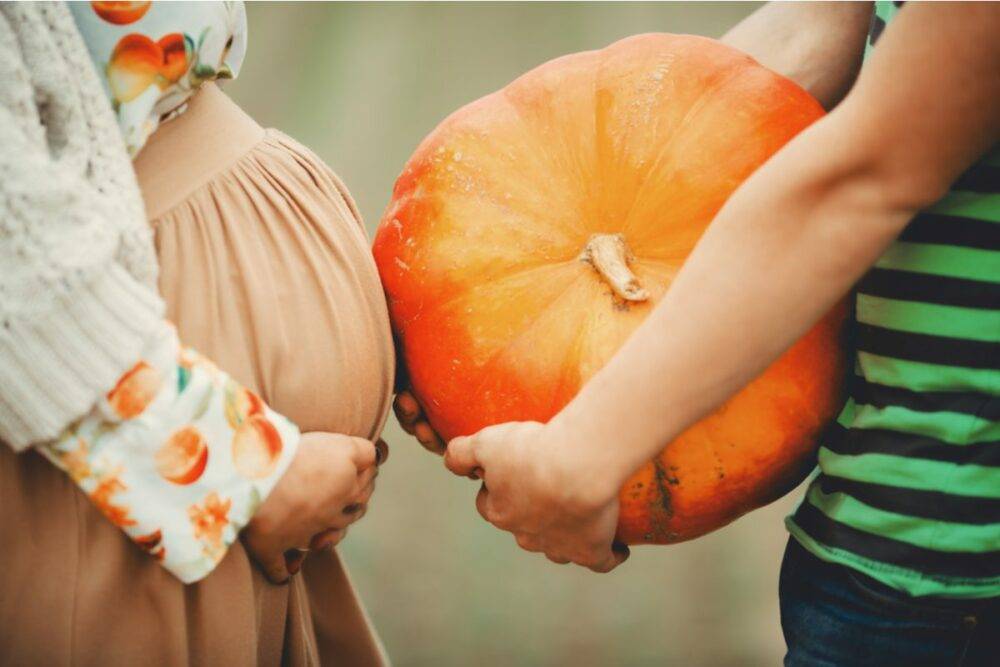Mother’s Day can be one of the best days of the year for many. The flowers, celebratory meals, and special sermons at church are meant to make mothers feel loved and appreciated. But for those grieving the death of a child, Mother’s Day can be filled with painful reminders of loss.
In 2008, Abby Nicholas was pregnant with twins. She and her husband were happily preparing for their new lives as parents. But in April of that year tragedy struck. The twins were stillborn at 22 weeks old. Just one month later, Abby had to face Mother’s Day.
“It was a very tough day,” Abby says.
She wanted to make sure her mother, mother-in-law, and sister-in-law felt loved, so Abby went to church with her family to celebrate the day.
“The whole sermon, of course, was about mothers,” Abby says. “I regret going. After time has passed you realize that you’re the one that’s important at the moment because you’re the one that’s hurting.”
“Every mom grieves differently.”
About 6 months later, Abby decided to seek out grief counseling. “I was just struggling, not being able to sleep,” she says. “It consumes you and that’s all you think about.”
She turned to the Amelia Center for help. A partner of Children’s of Alabama, the Amelia Center provides professional counseling for parents grieving the death of a child, no matter the age of the child, and for children and teens grieving the death of a close relative or friend.
“Friends and family can only do so much,” Abby says. “Unless they’ve experienced it, they don’t really know how to help or know how to handle when you’re having a breakdown.”
Abby says her counselor and support group at the Amelia Center helped her navigate her feelings.
Valeri Cowart, who’s been a counselor at the Amelia Center since 2010, recognizes that what works for one grieving mom may not work for another.
“Every mom grieves differently,” she says. “Some moms may want to go out while others choose to stay in.”
If you go out for Mother’s Day, have an exit strategy, Valeri says. “If you go to church or a family function, take your own vehicle in case you need to leave early,” she says. Valeri and Abby both suggest avoiding social media on Mother’s Day.
“Honor your feelings on that day,” Valeri says.
Whatever It Takes
In 2006, Lurenda Avery and her husband were expecting their first child – a little girl they’d named Olivia Nichole. But while away with family and friends for Memorial Day weekend, Lurenda began bleeding and having what she thought were Braxton Hicks contractions.
On May 26, 2006, Olivia Nichole was born less than 24 weeks old. She was one pound, eight ounces and 12 inches long. She lived for seven days.
After losing Olivia Nichole, Lurenda also turned to the Amelia Center for help.
“I remember walking into the Amelia Center and thinking this was the first time I didn’t feel alone,” she says. “They give you the tools you need to be able to wrap your brain around this horrible tragic thing that never should have happened.”
By Mother’s Day 2007, Lurenda was pregnant again but the day was still hard, she says. Her advice for grieving moms on Mother’s Day is simple: “Do whatever it is that’s going to help you get through that day,” she says.
If you want to stay in bed all day or binge on Netflix or eat a gallon of ice cream, you should do it, Lurenda says.
“You’re still a mom.”
Abby, Valeri, and Lurenda all agree that it’s important for women grieving the loss of a child to acknowledge their identity as a mom – especially on Mother’s Day.
“You’re still a mom,” Lurenda says. “Just because you lost your baby doesn’t make you any less of a mom.”
If you want, find a way to commemorate your child on Mother’s Day. Consider creating a drawing or painting or writing a letter or poem, Lurenda says. Lurenda and her husband made memory stones and planted a rose bush for Olivia Nichole.
Today Lurenda has since had two children, but she says Mother’s Day is still hard.
“I have two healthy children and I am so blessed,” she says, “but I always feel like I’m supposed to have three.”
Abby has since had three children, but also says Mother’s Day is still tough to handle.
“I try not to show as much emotion in front of the other kids because I don’t want them to think that it makes me sad that they’ve given me a card or gift,” Abby says.
Both Abby and Lurenda have told their children they have siblings in heaven. Valeri thinks that’s the right call. “It’s OK for mom to be honest with the other children about how you feel,” she says.
Valeri stresses that it’s also OK for moms who have experienced loss to feel happy on Mother’s Day. “Many grieving parents feel guilty about feeling happy or laughing, but when you have a good day that means that the pain has lessened, not the love for your child,” Valeri says.
Getting Help with Grief on Mother’s Day and Beyond
Women grieving the loss of a child should make self-care a priority year-round and not just on Mother’s Day, Valeri says.
“Grief affects every level of functioning — mental, social, physical, emotional, spiritual, and financial,” she says.
So, don’t be afraid to reach out to your pastor for spiritual guidance. Contact a financial advisor or social worker if you need help with money matters.
Take care of yourself physically by getting adequate rest, eating right, and exercising. “And do things you enjoy,” Valeri says, “whether that’s painting, yoga, or walking your dog.”
After the loss of a child it’s normal for a mom to experience loss of appetite, difficulty sleeping, and loss of concentration, Valeri says. However, if these conditions persist and you continue to have trouble getting out of bed, working or caring for yourself or your family or if you have thoughts of self-harm, turn to a mental health care professional for help, she adds.
If you or someone you know is experiencing suicidal thoughts or a mental health crisis reach out to the Crisis Text Line by texting CRISIS to 741741 for free, confidential crisis counseling. Or call the National Suicide Prevention Lifeline at1-800-273-8255.
How to Help a Grieving Mom in Your Life
If you have a close friend or family member coping with the loss of a child as Mother’s Day approaches, remember this: “We cannot take away the pain or fix the situation,” Valeri says. “But we can share the pain to make it more bearable just by providing a listening ear and shoulder to cry on. That goes a long way in the healing process.”
Lurenda says after her child’s death a friend came by to vacuum her house. “I’ll never forget that,” she says. “Don’t be afraid do to things that seem outside the box.”
Valeri says you may want to send a necklace with the child’s name engraved. But something as simple as a card or text could help, too.
“Acknowledge her identity as a mom,” Valeri says, “and validate her feelings on that day.”





